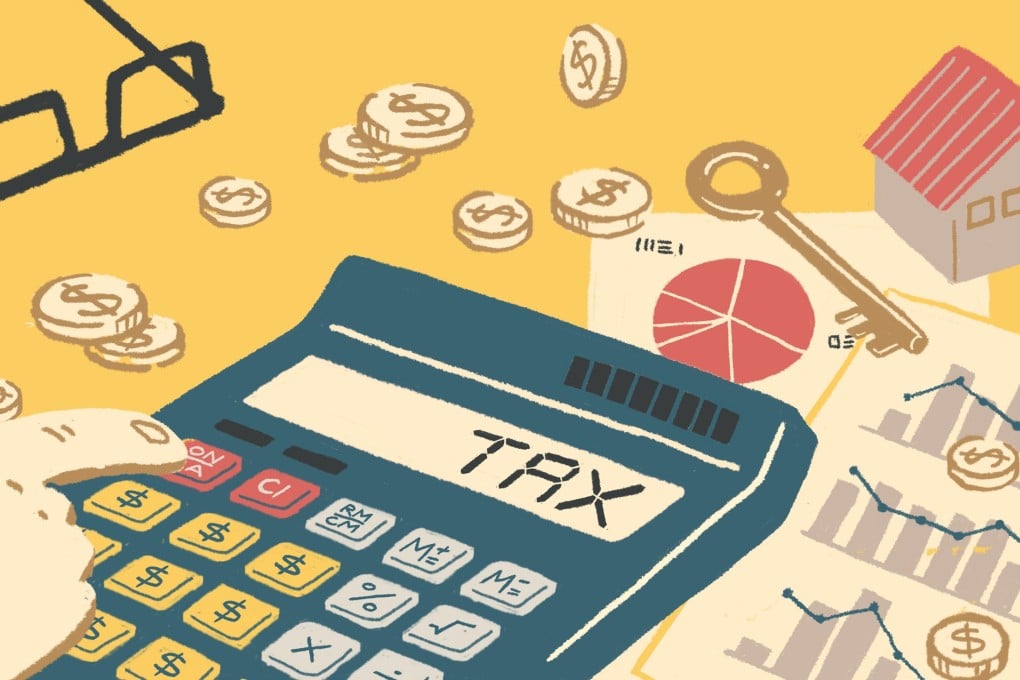Explainer | Hong Kong’s tax system explained: why levies are so low, how it competes with Singapore, and why it’s ‘both out of date and ahead of its time’
- The pairing of low income tax and high property values has been successful for the city, but experts warn it might not last

Companies and workers in Hong Kong enjoy some of the lowest taxes in the world. This is partly because the government has huge fiscal reserves equivalent to more than 12 months of expenditure. The interest received on these reserves is a crucial source of revenue, and helps keep the tax burden light. In Taxation without Representation, a book by former Hong Kong resident Michael Littlewood, the city’s system is described as “both seriously out of date and ahead of its time”. How is this strange contradiction the case? We explore the ins and outs of Hong Kong’s unique system of taxation.
Was it always this way?
For decades, Hong Kong was famous worldwide as a tax-free port. From merchants and bankers to 19th-century opium traders, the non-existent taxation policy attracted many to the city’s shores.
However, when the second world war hit, a temporary taxation system was introduced as an emergency wartime fundraising mechanism.
In 1947, the Inland Revenue Ordinance was established, to solidify the wartime measures into a more permanent system. Income tax was capped at 10 per cent. This system mirrored what Britain had mapped out for its colonies worldwide. Since then Hong Kong has seen its economy flourish and transform from a colony to a modern metropolis centred on international trade and finance.